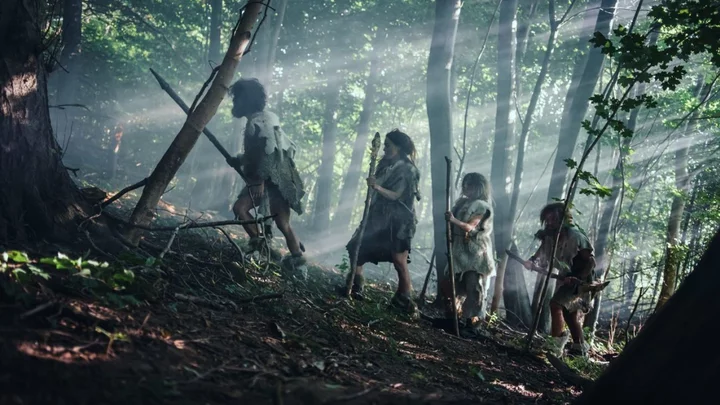Scientists are challenging the way many people think about ancient hunter gatherers, after finding that women may have been better hunters than men.
New findings have shown that while there are clear differences between the sexes when it comes to biology, the idea of men being naturally better suited to hunting is a myth.
New research from professor Cara Ocobock points to women being metabolically better placed to hunt.
Ocobock is an assistant professor in the Department of Anthropology and director of the Human Energetics Laboratory at the University of Notre Dame. She published a study on the subject alongside anthropologist Sarah Lacy at the University of Delaware.
The research also points to female hunters dating back to the Holocene period which were uncovered buried with hunting tools – and they’re challenging widely held assumptions over gender roles with the study.
Ocobock said in a statement: "This was what everyone was used to seeing. This was the assumption that we've all just had in our minds and that was carried through in our museums of natural history."
“Here we review and present emerging physiological evidence that females may be metabolically better suited for endurance activities such as running, which could have profound implications for understanding subsistence capabilities and patterns in the past,” the pair wrote.
That’s due to the fact that the presence of the hormones estrogen and adiponectin give women the upper hand when it comes to endurance – a factor which would have been “critical in early hunting because they would have had to run the animals down into exhaustion before actually going in for the kill”.
The presence of those hormones is better for modulating fat and glucose. As such, estrogen makes the body use stored fats for energy before turning to carbohydrates.
“Since fat contains more calories than carbs do, it’s a longer, slower burn, which means that the same sustained energy can keep you going longer and can delay fatigue,” Ocobock said.
“Estrogen is really the unsung hero of life, in my mind. It is so important for cardiovascular and metabolic health, brain development and injury recovery.”
“With the typically wider hip structure of the female, they are able to rotate their hips, lengthening their steps. The longer steps you can take, the ‘cheaper’ they are metabolically, and the farther you can get, faster.”
“When you look at human physiology this way, you can think of women as the marathon runners versus men as the powerlifters.”
Sign up for our free Indy100 weekly newsletter
How to join the indy100's free WhatsApp channel
Have your say in our news democracy. Click the upvote icon at the top of the page to help raise this article through the indy100 rankings

